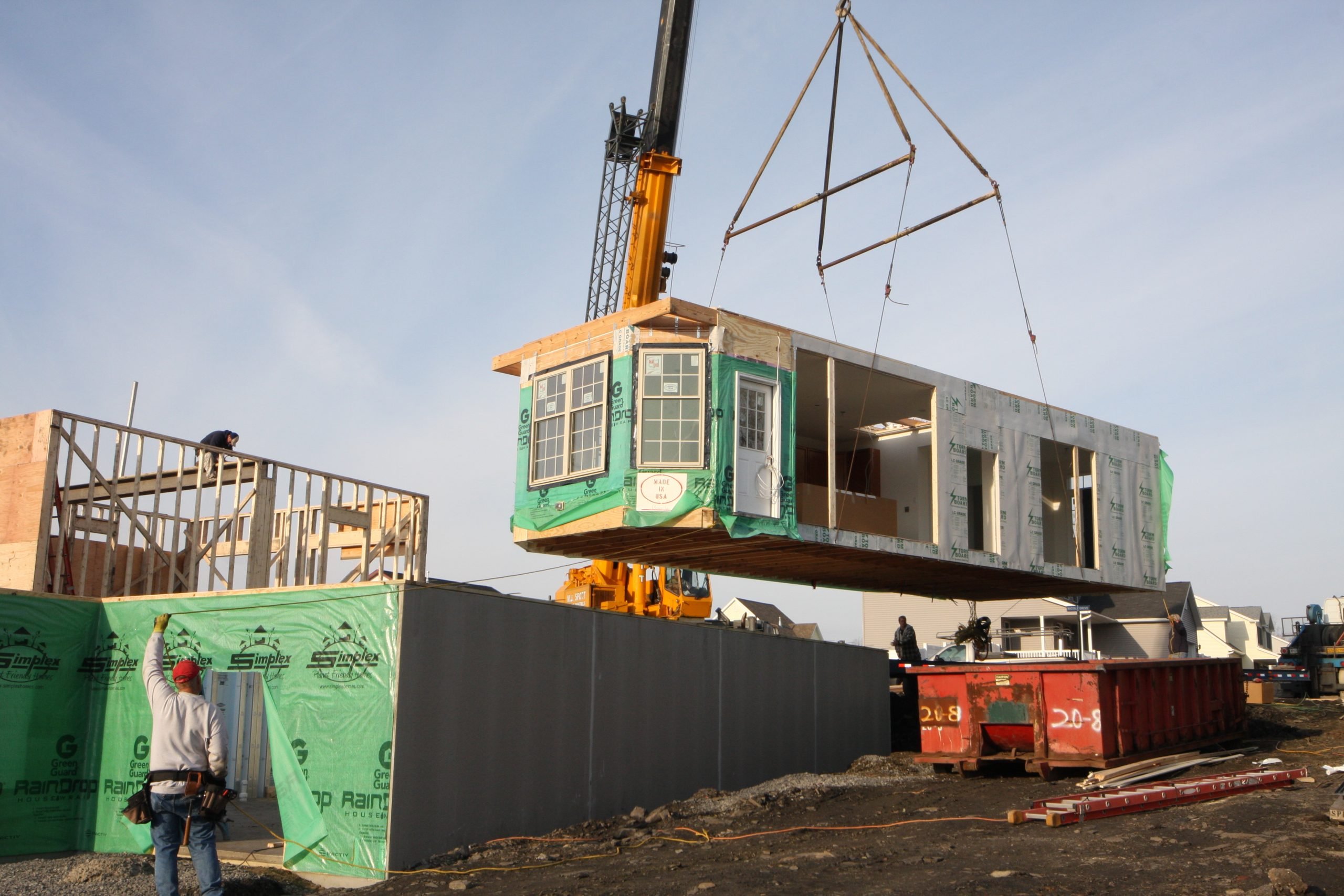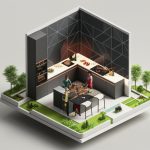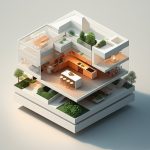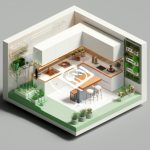Introducing “Advantages of Modular Homes: The Future of Sustainable and Efficient Construction”: Discover the innovative world of modular homes, where efficiency, sustainability, and design converge. Dive into the transformative benefits of this construction method, unlocking a world of possibilities for architects, contractors, and homebuyers alike.
Key Takeaways:
- Cost-effective: Lower construction costs due to factory production.
- Time-efficient: Faster construction due to off-site assembly.
- High-quality: Adherence to building standards and improved insulation.
- Sustainability: Reduced waste through pre-cut materials and controlled assembly.
- Versatility: Customizable designs to meet individual preferences.
- Durability: Increased resilience to weather and natural disasters.
The Advantages of Modular Homes
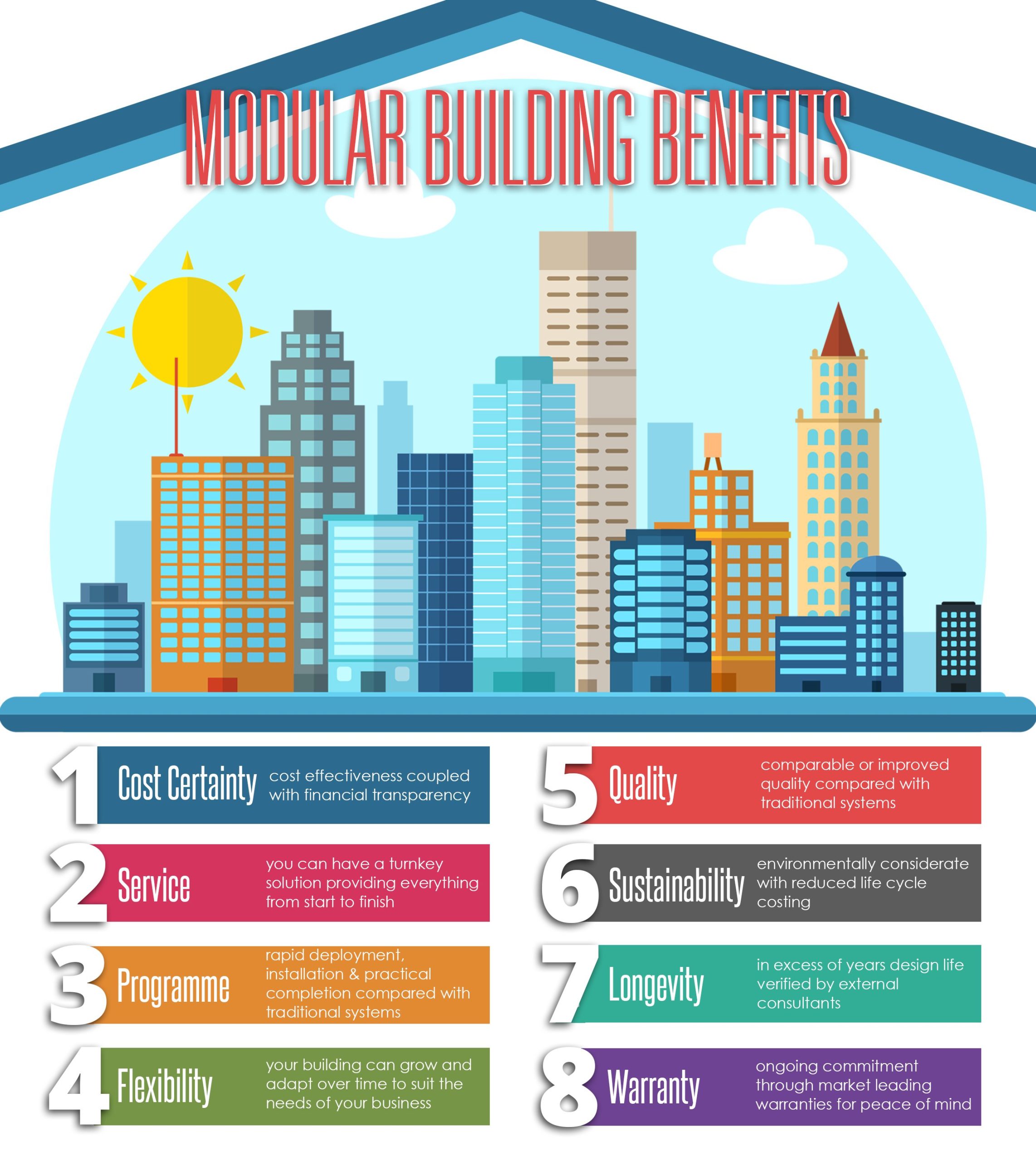
Modular homes are seeing a surge in popularity due to their myriad advantages over conventional construction methods. Embracing modular building techniques empowers architects, contractors, and homebuyers with a sustainable and efficient path to homeownership.
Economic Benefits
Factory production of modular homes leads to reduced costs through economies of scale. They eliminate on-site labor expenses and minimize waste, resulting in significant savings compared to traditional stick-built homes.
Expedited Construction
Unlike traditional homes, modular homes are constructed in controlled factory environments. This approach mitigates weather delays and other disruptions, leading to faster completion times. Homebuyers can anticipate moving into their new homes sooner.
Assured Quality
Contrary to common misconceptions, modular homes adhere to the same quality standards as traditional homes. They often feature superior insulation and energy efficiency due to factory-controlled construction processes. Homebuyers can rest assured of a durable and comfortable living space.
Environmental Sustainability
Reduced Waste: Modular construction generates significantly less waste. Materials are pre-cut and assembled in factories, drastically minimizing the amount of construction debris. This contributes to a more sustainable building process.
Energy Efficiency: Modular homes are designed to meet or exceed energy efficiency standards. Advanced insulation techniques and airtight construction practices lead to lower energy bills and reduced environmental impact.
Customization and Flexibility
Modular homes empower homebuyers with personalization options. A wide range of floor plans, finishes, and features are available, allowing buyers to tailor their homes to their specific needs and preferences.
Resilience and Durability
Modular homes showcase exceptional resilience against weather events and natural disasters. Their sturdy construction and factory-controlled quality ensure a safe and enduring living space for homeowners.
Conclusion
The advantages of modular homes span economic benefits, expedited construction, assured quality, environmental sustainability, customization, and resilience. As homeownership becomes increasingly complex, modular construction offers an innovative and responsible solution. By embracing modular building techniques, we pave the way for a more sustainable, efficient, and fulfilling housing future.
- Homework can be a great way for students to learn and develop valuable skills. Read more about The advantages of homework for students
- Nursing homes can provide a safe and supportive environment for seniors with complex needs. Discover the advantages of nursing homes
- Old age homes can provide a sense of community and support for seniors who may feel isolated or alone. Learn more about the advantages of old age homes
Design freedom and flexibility in modular construction
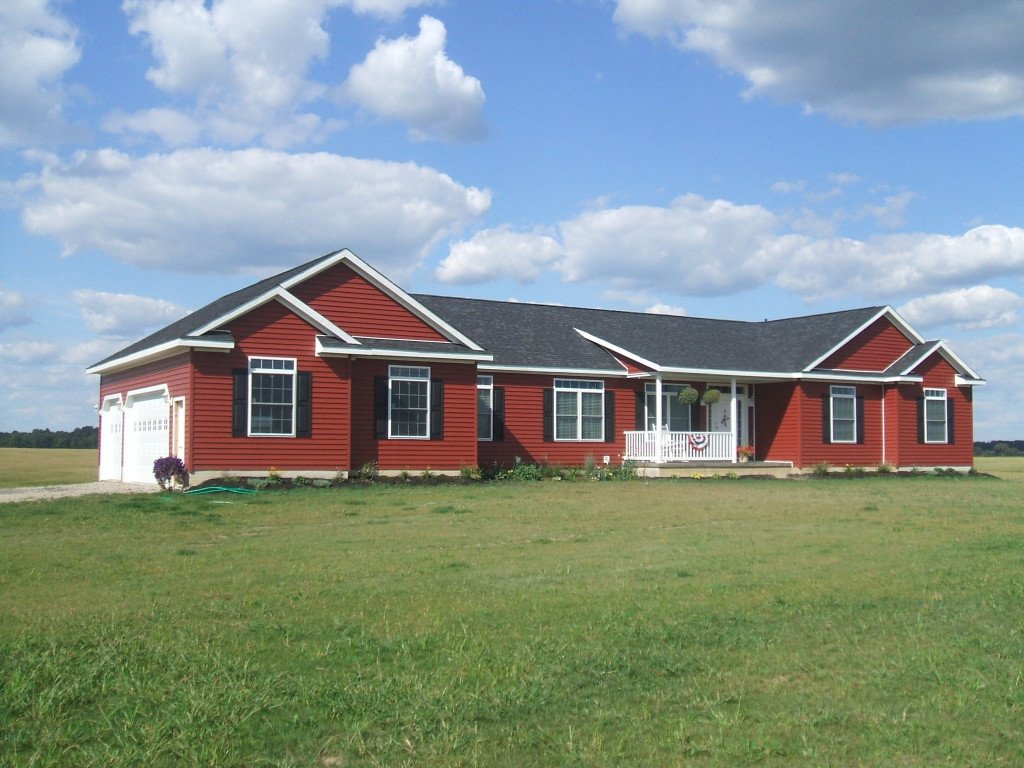
Architects and designers are increasingly embracing modular construction for its remarkable ability to offer both design freedom and construction flexibility. Unlike traditional construction methods that often limit customization options, modular homes provide a wealth of design possibilities while streamlining the building process.
With modular construction, homes are constructed off-site in individual modules that are then transported and assembled on-site. This controlled factory environment allows for precise engineering and quality control, resulting in homes that meet or exceed traditional building standards. However, the true advantage of modular construction lies in its inherent adaptability and design versatility.
Benefits of Design Freedom and Flexibility in Modular Construction:
- Personalized Floor Plans: Modular homes offer a wide range of floor plans to choose from, ensuring you find the perfect layout for your needs. Additionally, modules can be easily combined and reconfigured to create unique and customized living spaces.
- Versatile Finishes and Features: From classic to contemporary, modular homes can be tailored to any architectural style. Choose from various siding options, roof designs, windows, and doors to create a home that reflects your taste.
- Sustainable Customization: Modular construction allows for eco-friendly design choices, such as energy-efficient appliances, solar panels, and green building materials. By incorporating sustainable features early in the planning process, you can create a home that aligns with your environmental values.
- Future-Proof Construction: The modular approach makes it easy to expand or reconfigure your home in the future. Whether you need to add a room, extend your living space, or accommodate changing needs, modular construction provides the flexibility to adapt your home to life’s evolving circumstances.
Key Takeaways:
- Modular construction offers unparalleled flexibility in design, allowing you to create a home tailored to your specific needs.
- Modules can be easily combined and reconfigured, providing endless possibilities for customization.
- Modular homes can accommodate various architectural styles and feature a wide range of finishes and materials.
- Design freedom and flexibility extend beyond aesthetics, enabling sustainable design choices and future-proof construction.
Most Relevant URL Sources:
- The Four Key Advantages of Modular Construction | Arcadis
- Modular Housing: Striking Balance between Standardization and Customization
Quality Control and Precision in Modular Building
Embracing quality control and precision is paramount in modular building. Factory-controlled production ensures meticulous assembly and rigorous inspections, leading to high-quality components and materials. This controlled environment allows for precise measurements and adherence to building codes, resulting in durable and long-lasting structures.
Modular construction upholds the highest quality standards, meeting or exceeding those of traditional homes. The factory setting eliminates weather-related delays and allows for strict monitoring throughout the manufacturing process. This ensures exceptional craftsmanship, superior insulation, and energy efficiency.
Key Takeaways:
- Strict quality control in factory settings ensures adherence to building codes and high craftsmanship.
- Enhanced quality control allows for precise assembly and rigorous inspections, resulting in high-quality components and materials.
- Precision manufacturing ensures durability and longevity, withstanding weather events and disasters.
Relevant URL Sources:
- Modular Construction: Quality Control and Precision
- Quality Control in Modular Construction: Ensuring Precision and Durability
Reduced Construction Time and Faster Move-In
Faster construction and move-in times are major selling points for modular homes. They are constructed in a controlled factory setting, where weather delays are eliminated. This means that modular homes can be built up to 50% faster than their traditionally built counterparts, according to McKinsey.
Imagine moving into your dream home within two months instead of waiting months or even years. Modular homes make this possible, allowing you to enjoy your new home sooner.
Key Takeaways
- Modular construction dramatically reduces construction time compared to traditional methods.
- Fast move-in times, as little as two months, are possible with modular homes.
- Factory-controlled construction eliminates weather delays, ensuring timely completion.
Sources
- McKinsey: Factory-built modular construction: The transformative potential
- Findyouroverlook.com: 6 Advantages of Modular Homes All Home Buyers Should Know
FAQ
Q1: Are modular homes cheaper than traditional homes?
A1: Generally, yes. Economies of scale in factory production and reduced labor costs contribute to lower overall costs for modular homes.
Q2: Do modular homes have the same quality as traditional homes?
A2: Yes, modular homes adhere to the same building codes and quality standards as traditional homes. In fact, factory-controlled construction often leads to enhanced quality control and precision.
Q3: How long does it take to build a modular home?
A3: Modular homes can be built significantly faster than traditional homes. Depending on the manufacturer, construction can take as little as two months, as most of the work is done indoors, reducing weather-related delays.
Q4: Can modular homes be customized?
A4: Yes, modular homes offer a range of customization options. Buyers can choose from various floor plans, finishes, and features to create a home that meets their specific needs.
Q5: Are modular homes durable?
A5: Yes, modular homes are built to last. They utilize durable materials and undergo rigorous quality control during factory production, ensuring longevity and resilience.
- Dark Backsplash Ideas: Drama and Depth for Your Kitchen - November 7, 2025
- Black Backsplash Tile: Find The Perfect Style For Your Kitchen - November 6, 2025
- Black Backsplash With White Cabinets: A Bold Kitchen Design - November 5, 2025
